Over the course of seven seasons, Mad Men—which came to a close on Sunday night—followed Don, Peggy and the rest of Sterling Cooper through a raucous decade. But, though its meticulous attention to period detail has often been praised, the show has always been more about character than events: Assassinations were met with quiet crying scenes; characters’ politics changed slowly over time; entire years were skipped.
And yet some pivotal historical moments did have an impact. Here’s how the show wove real-world story lines into the lives of its fictional characters.
The Birth Control Pill Is Approved (May 1960)
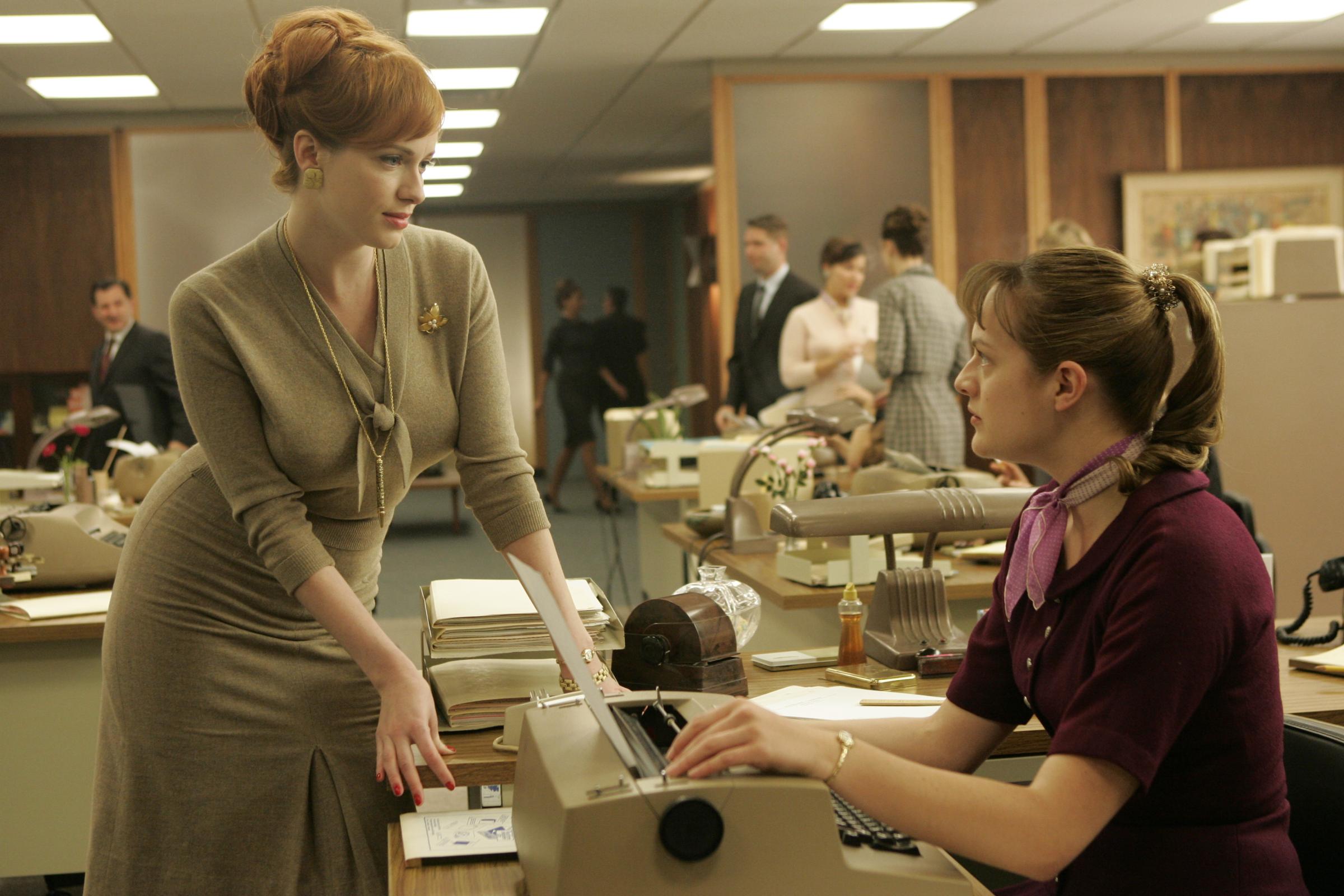
The FDA approved Enovid, the first oral contraceptive for women, in May of 1960. When the series begins in 1960, Joan sends Peggy to a doctor to get a prescription. The condescending doctor tells Peggy he’ll take it away if she is too loose and abuses the drug’s power. Whether Peggy took the pill incorrectly or not, she does end up getting pregnant in the first season.
Read original 1960 coverage of Enovid, here in the TIME Vault: Pregnancy Control
Kennedy Defeats Nixon (Nov. 1960)
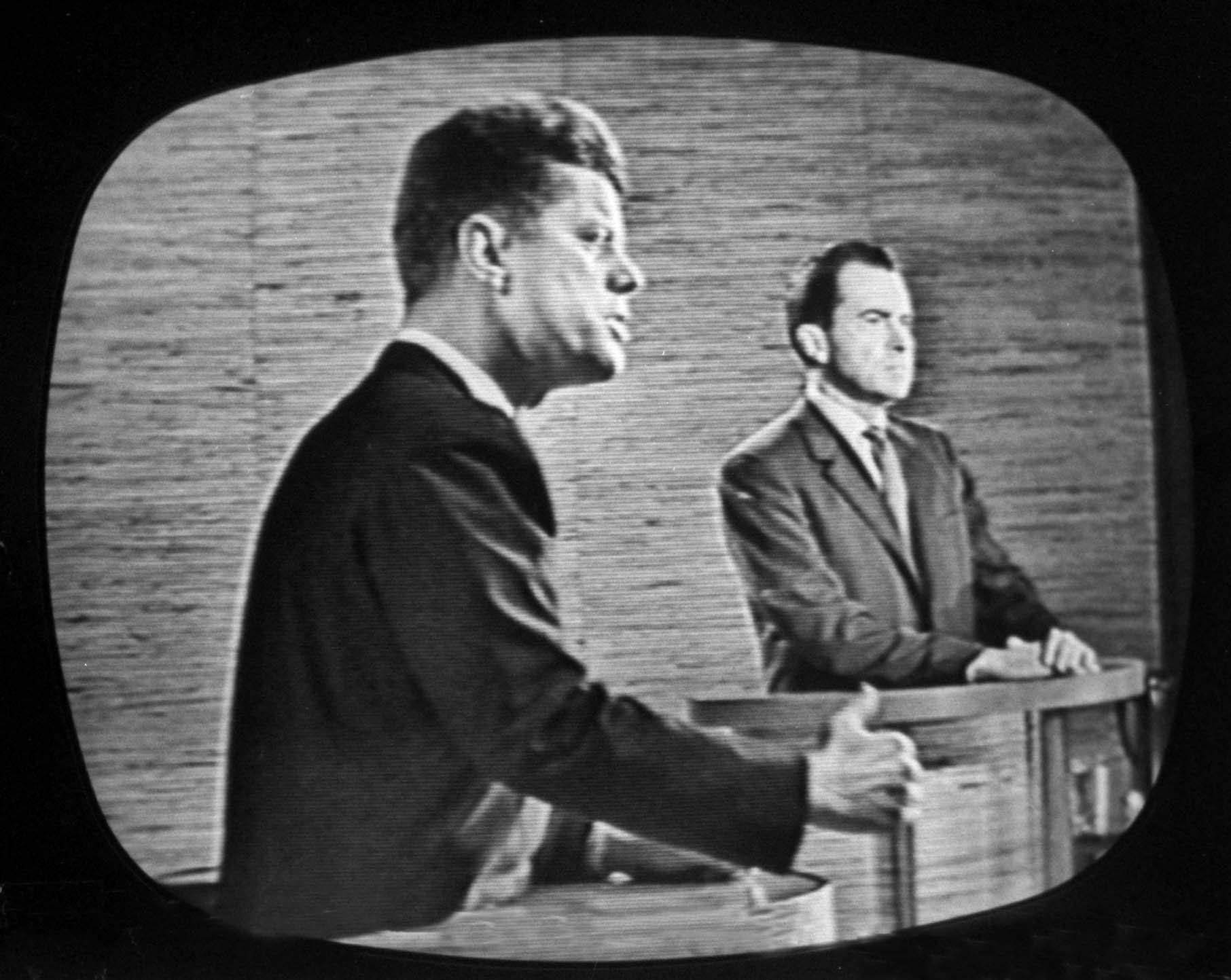
Sterling Cooper helps create Nixon’s ads, but cannot measure up to the upbeat spots for Kennedy that helped lead him to a surprise victory. But that doesn’t stop the conservative boys at Sterling Cooper from celebrating: In this episode, Harry Crane cheats on his wife with a secretary and gets himself kicked out of this house.
Read original 1960 coverage of the election, here in the TIME Vault: Candidate Kennedy
The Freedom Riders and Civil Rights (1961)
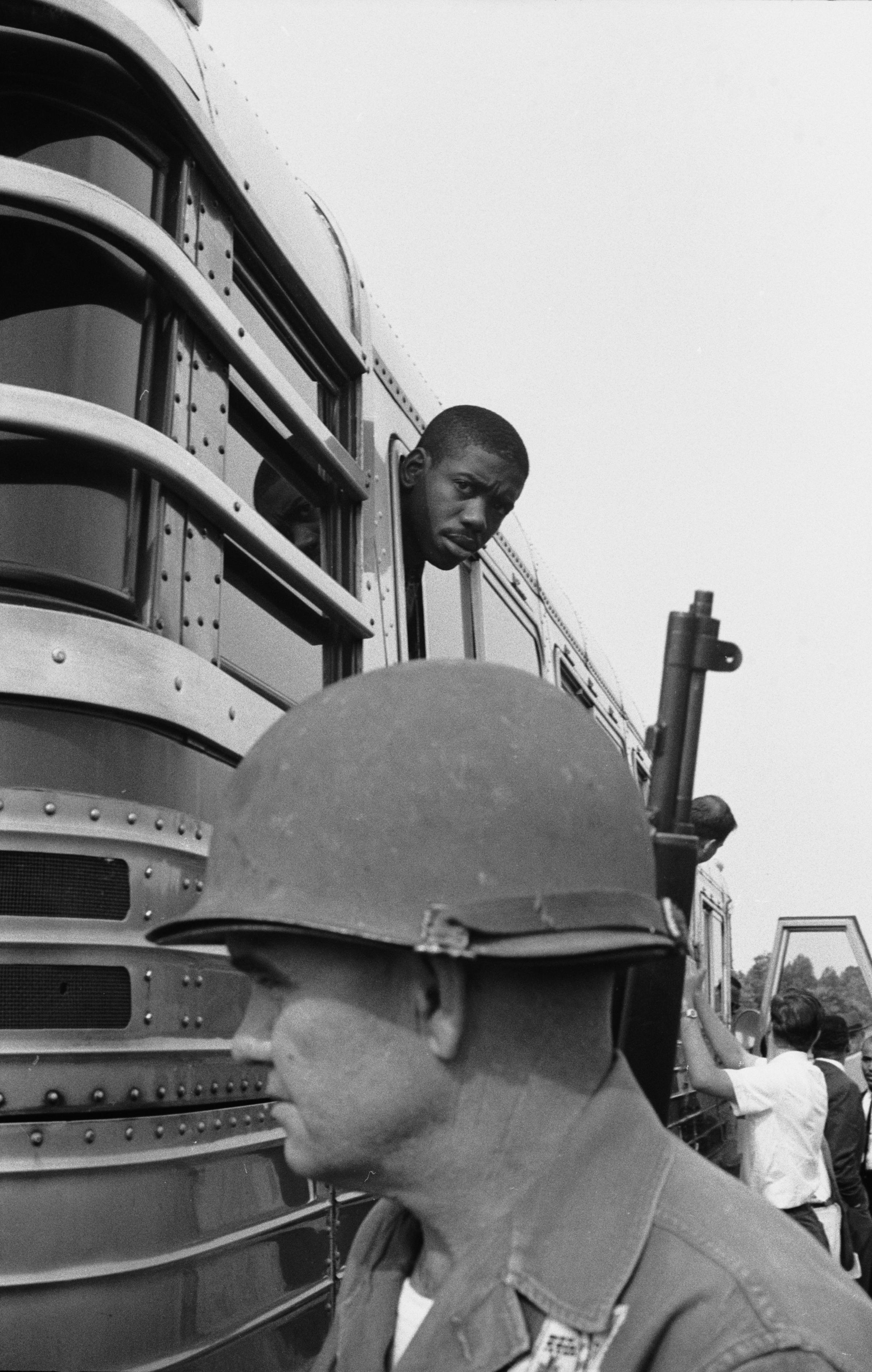
Though Sterling Cooper is completely white-washed, racial tensions fizzle in the background of the show’s early years. Paul Kinsey heads south to protest with his black girlfriend Sheila after Don takes his spot on a business trip to L.A. in the first season. By 1966, the ad agency jokingly publishes an ad promising equal employment opportunity. When dozens of people show up to interview, the company relents and hires its first black secretary, Dawn.
Read original 1961 coverage of the Freedom Rides, here in the TIME Vault: Trouble in Alabama
Marilyn Monroe’s Death (Aug. 1962)

The actress overdosed on drugs on Aug. 4, 1962. Roger Sterling is surprised to find Joan Holloway crying over Marilyn’s death in his office. Hollis the elevator operator mourns Marilyn too—or, rather, he muses over how Marilyn’s ex, baseball player Joe DiMaggio, must feel. Peggy is a little colder, pointing out that Playtex’s rejection of their Jackie vs. Marilyn underwear pitch was a blessing in disguise.
Read original 1962 coverage of Monroe’s death, here in the TIME Vault: The Only Blonde in the World
The Cuban Missile Crisis (Oct. 1962)
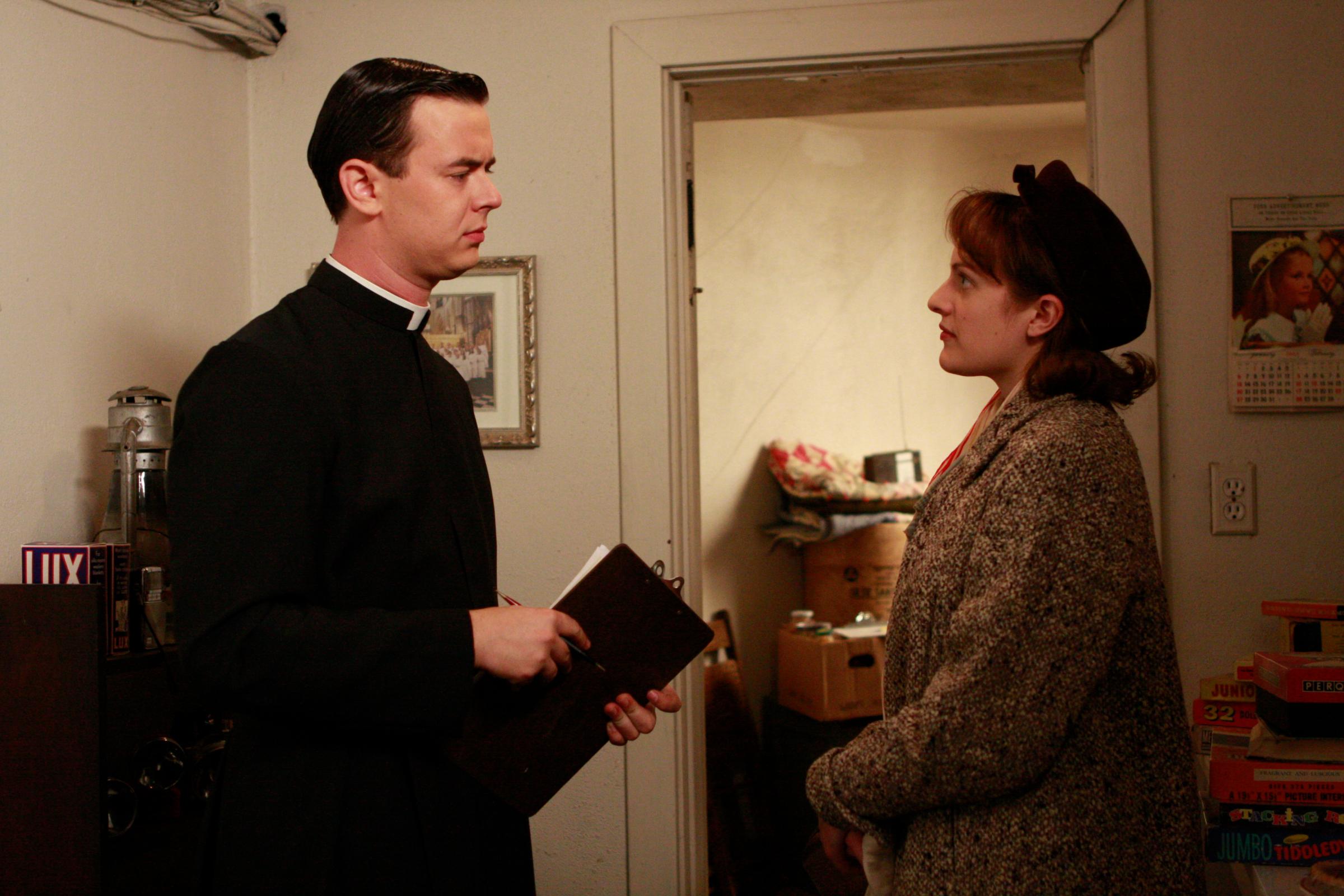
The employees at Sterling Cooper worry that any day could be their last during the Cuban Missile Crisis, the closest the U.S. and the Soviet Union ever came to armed conflict during the Cold War. A priest at Peggy’s church tells worshippers they should prepare to meet God. Pete Campbell’s wife even leaves to stay with her parents, while Pete declares that if he’s going to die he wants it to be in Manhattan.
Read original 1962 coverage of Monroe’s death, here in the TIME Vault: Showdown on Cuba
The Kennedy Assassination (Nov. 1963)
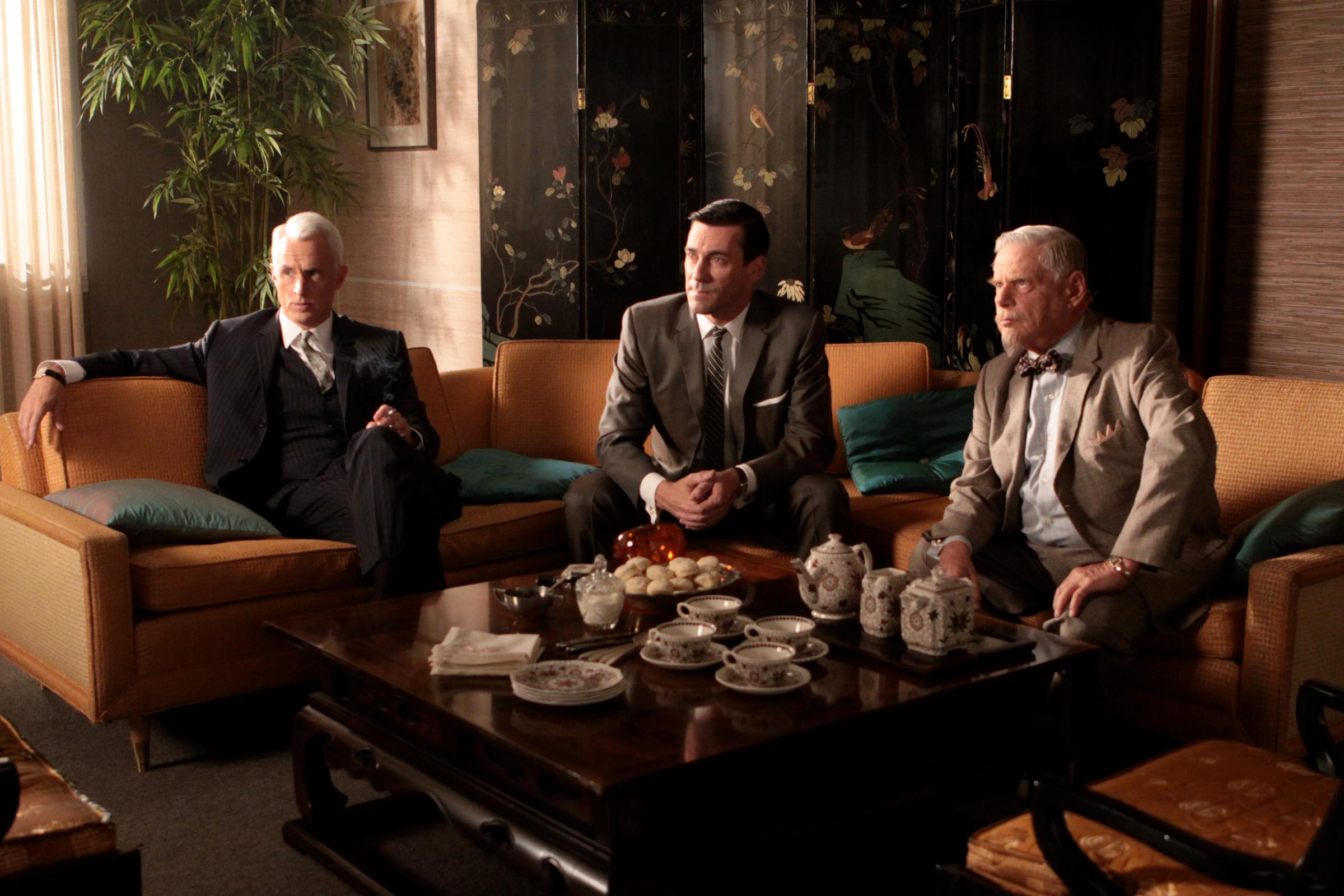
Betty stares blankly at the television, and Duck pulls the plug so that the tragic events won’t interrupt his dalliance with Peggy. Roger decides not to postpone the wedding of his daughter, Margaret, but everyone spends the reception glued to the TV. The episode is more about the fallout in the Sterling family than about the political ramifications of the assassination.
Read original 1963 coverage of Kennedy’s death, here in the TIME Vault: “The Government Still Lives”
The Surgeon General’s Report on Smoking (Jan. 1964)
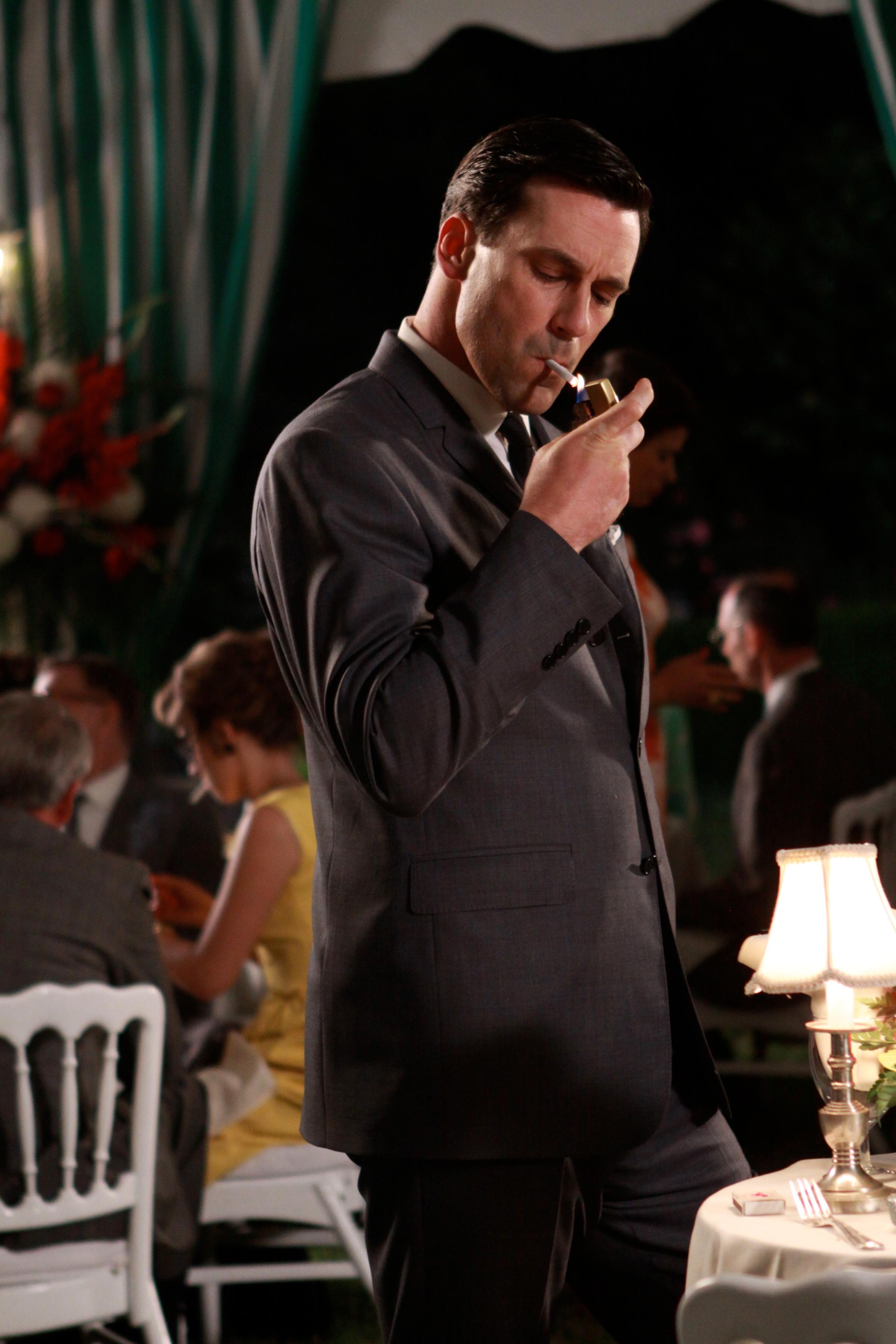
In 1957, Readers Digest had reported on the dangers of smoking—and the article was so influential that Sterling Cooper had to create a new strategy for Lucky Strike in the first season. They later lose the account when the Surgeon General confirms that smoking does kill, just as Roger, Don, Bert and Lane are breaking off to start their own firm. Don responds by writing a manifesto, published in the New York Times, about why agencies shouldn’t help sell products that kill people.
Read original 1964 coverage of the report, here in the TIME Vault: The Government Report
Sonny Liston v. Cassius Clay (May 1965)
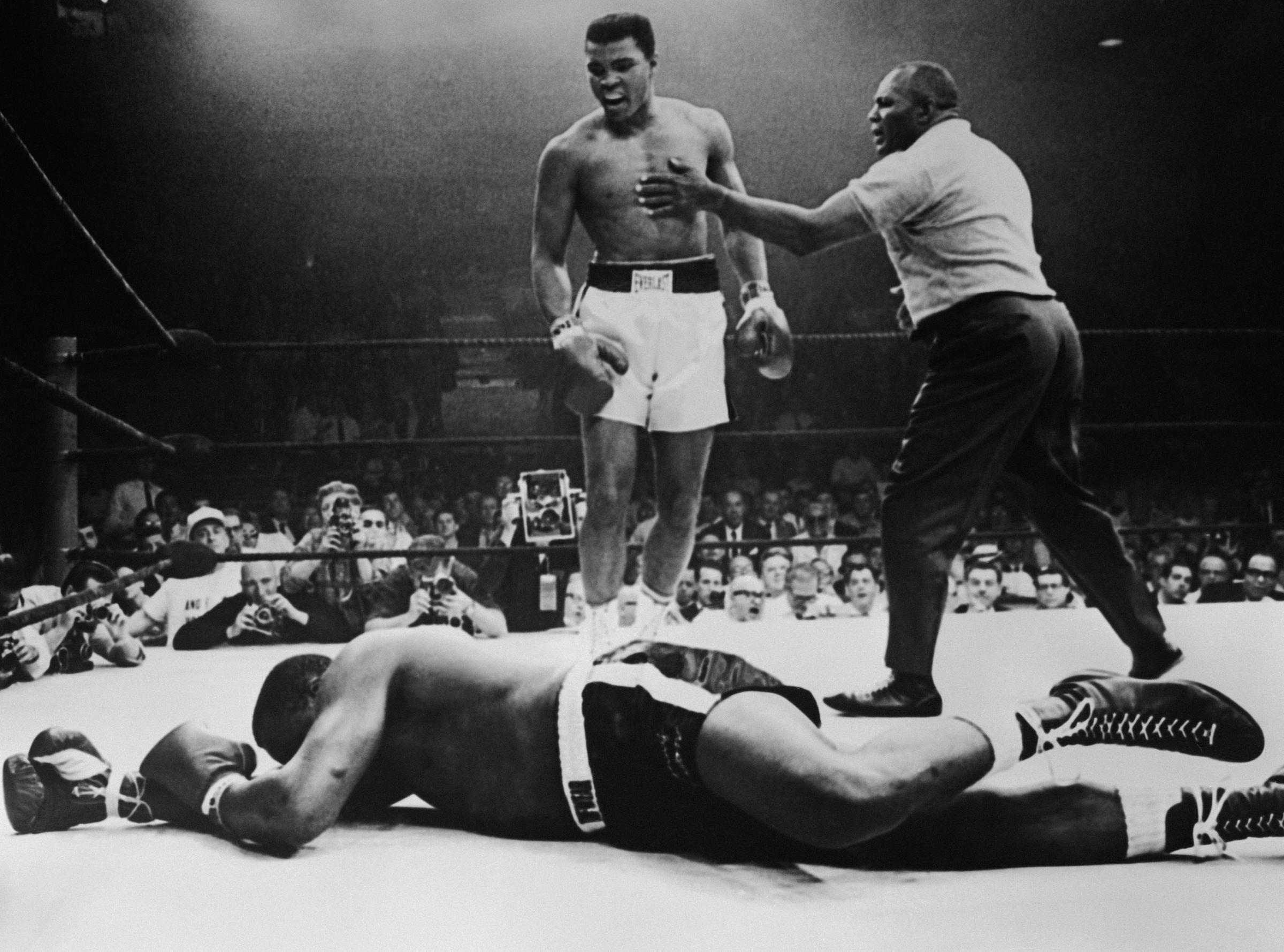
The fight only lasted two minutes and 12 seconds, but formed the backdrop for one of Mad Men’s greatest episodes, “The Suitcase.” Don takes his own swing at Duck Phillips when he calls Peggy a “whore.” Later, a picture of Ali’s victory inspires Don to create a great Samsonite luggage ad.
Read original 1965 coverage of the fight, here in the TIME Vault: Theater of the Absurd
The Beatles at Shea Stadium (Aug. 1965)

Don bribes his daughter Sally, who is none too happy about his and Betty’s divorce, with tickets to perhaps the most famous concert in the history of rock. She appropriately loses her mind.
Read a 1965 cover story about rock ‘n’ roll, here in the TIME Vault: Sound of the Sixties
Richard Speck Murders (July 1966)
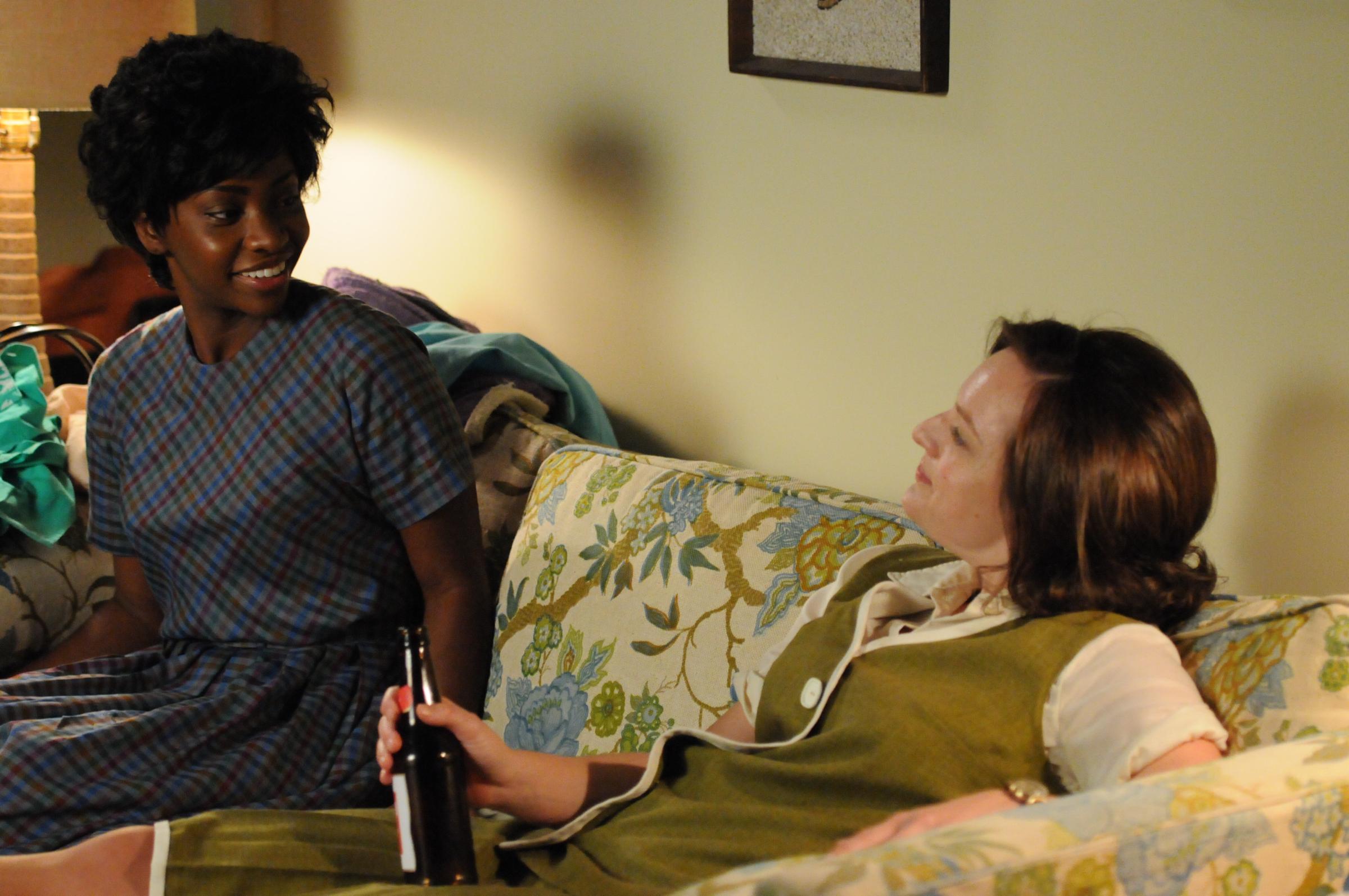
The workers at Sterling Cooper become fascinated with the then-unsolved Richard Speck murders in Chicago. Sally learns of the murders from the newspaper and becomes so frightened she cannot sleep. Simultaneously, racial violence rages in Harlem, forcing Dawn to spend the night in Peggy’s apartment.
Read original 1966 coverage of the case, here in the TIME Vault: 24 Years to Page One
The Vietnam War (Nov. 1955–April 1975)
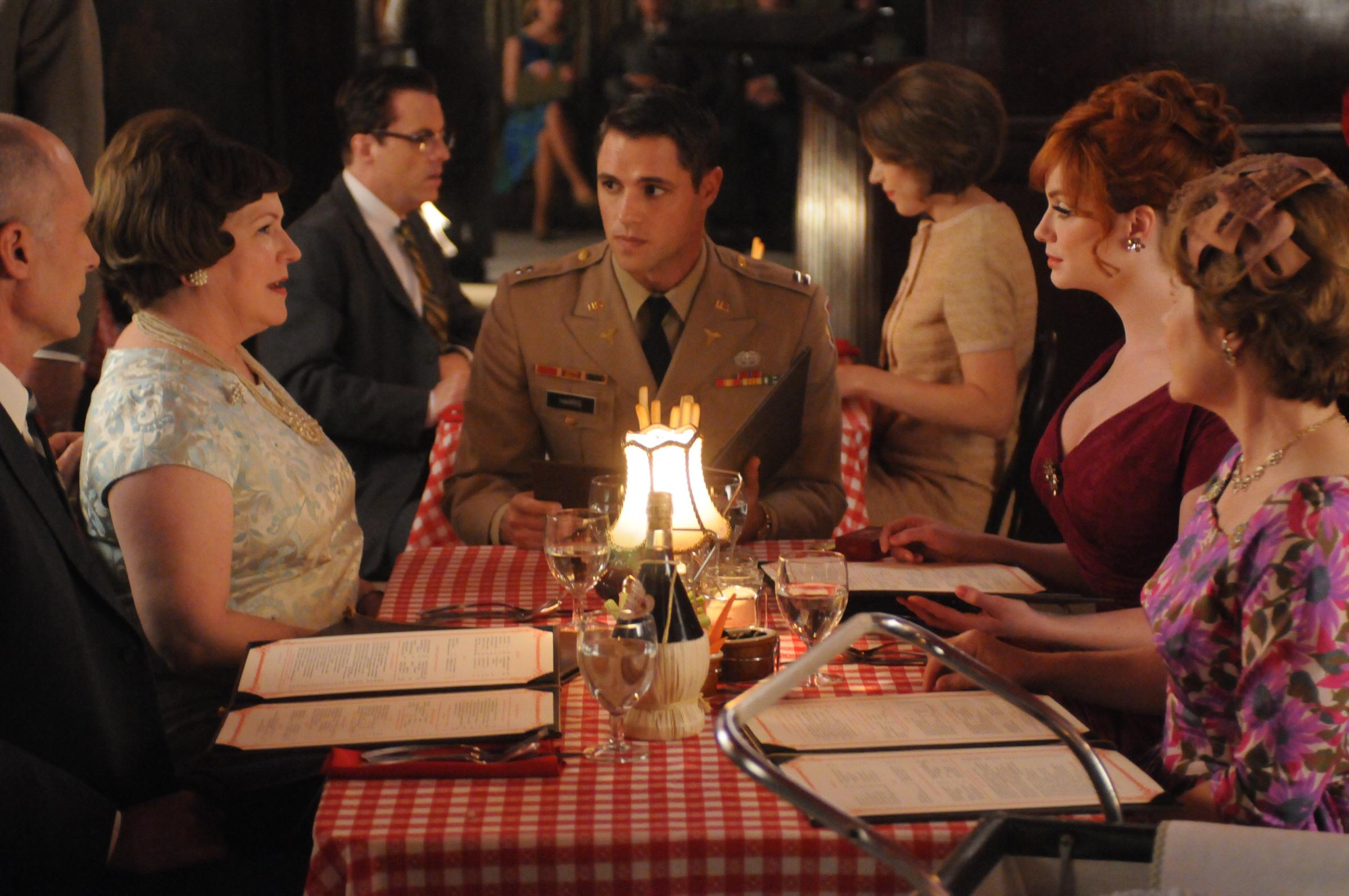
Joan’s doctor husband, Greg, serves in Vietnam. When he reveals to her that he volunteered to go back for a second tour, she breaks up with him. In a later season, Don uses connections to help the son of Sylvia Rosen, with whom he is having an affair, avoid being placed in a dangerous spot when he’s drafted. In the final season, Glen Bishop announces he’s enlisted.
Read a 1965 cover story about the war, here in the TIME Vault: The Turning Point in Viet Nam
Martin Luther King Jr.’s Assassination (April 1968)
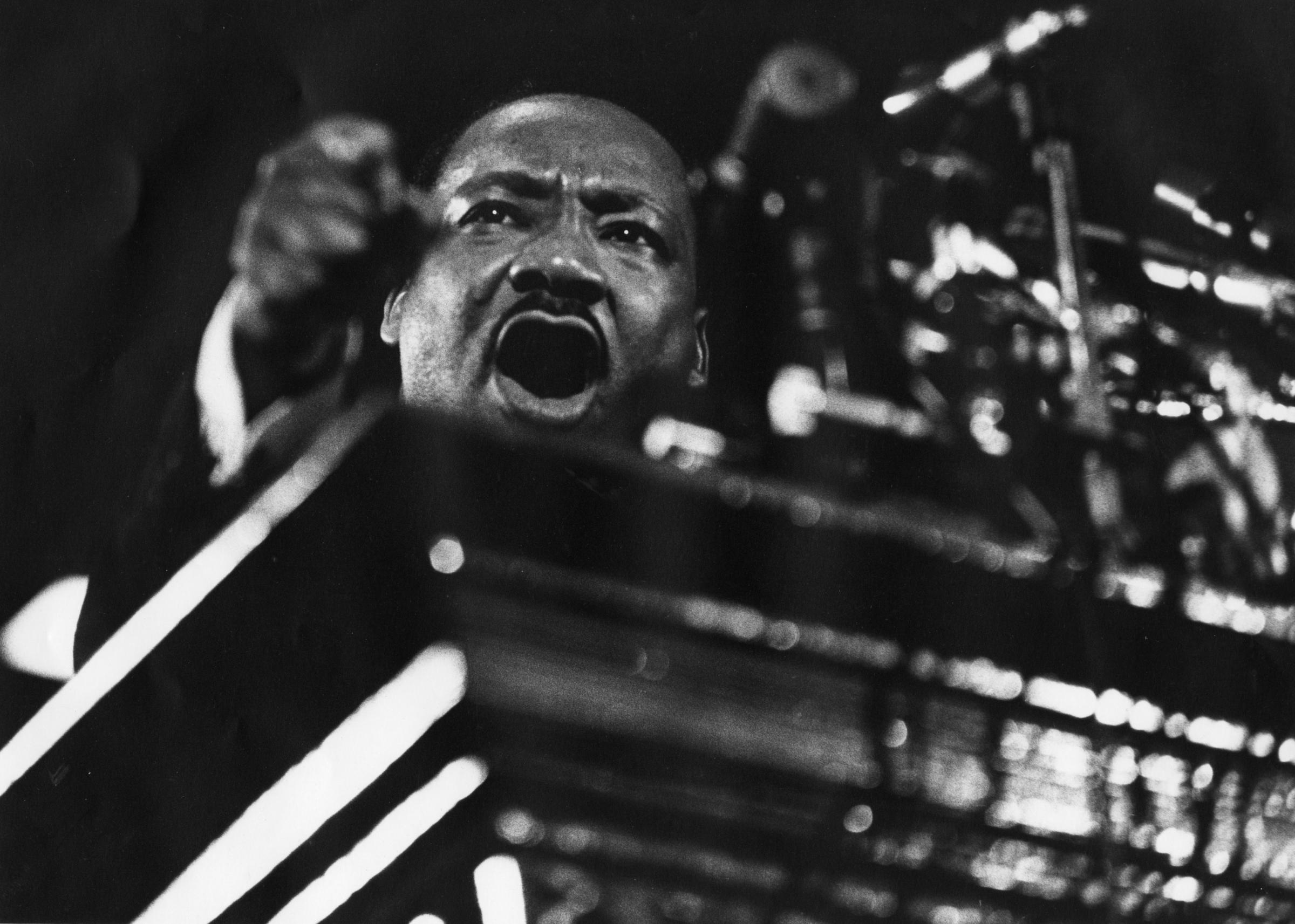
Peggy and Megan are both up for advertising awards at a ceremony that’s interrupted by Martin Luther King Jr.’s assassination. Don encourages his secretary Dawn to go home, assuming that the news has hit her hard because of her race. She tells him she would prefer to stay and work.
Read original 1965 coverage of King’s death, here in the TIME Vault: An Hour of Need
The Moon Landing (July 1969)
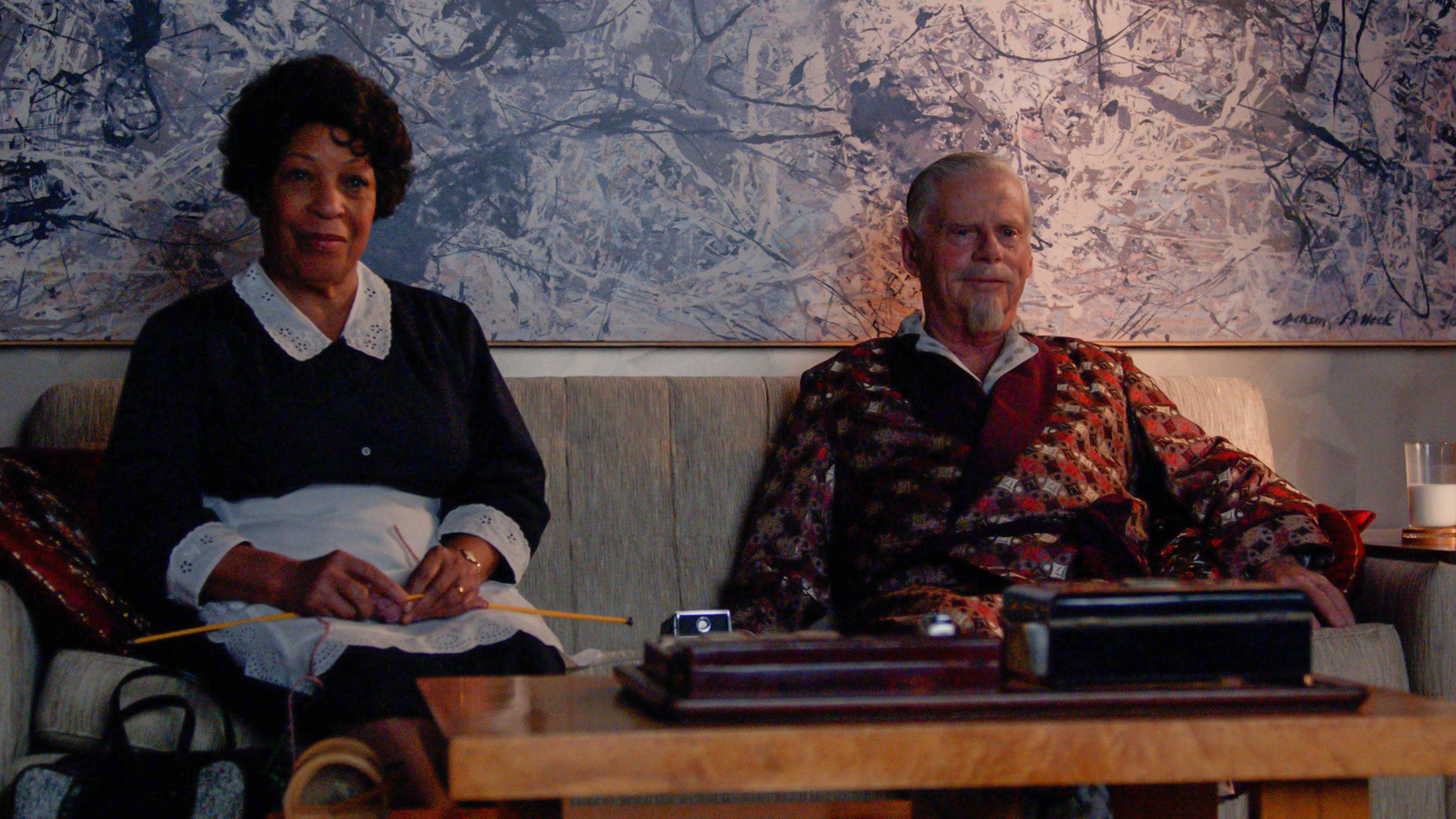
Despite being a momentous event, the moon landing took backseat to Bert Cooper’s dancing departure. Bert dies on his couch just as man takes his first steps on the moon—but is seen again, in Don’s hallucinations.
Read a 1969 cover story about the moon landing, here in the TIME Vault: Man on the Moon
The Newsweek Sexism Lawsuit (1970)
![T,ë]>ã¶|ÀYmú_ý®TÇæ|F½)ÿÙ](https://api.time.com/wp-content/uploads/2015/05/b7310a71-4a0a-3feb-1591-9ac99c56c86a_mm-712-joan-and-ferg.jpg?quality=75&w=2400)
Forty-six women sued Newsweek Magazine for workplace gender discrimination in 1970 and won. When Joan threatens to take legal action against McCann Ericson for sexism, she references Newsweek and the feminist movement as precedent.
Read original 1970 coverage of the lawsuit, here in the TIME Vault: Woman-Power
More Must-Reads from TIME
- Introducing the 2024 TIME100 Next
- The Reinvention of J.D. Vance
- How to Survive Election Season Without Losing Your Mind
- Welcome to the Golden Age of Scams
- Did the Pandemic Break Our Brains?
- The Many Lives of Jack Antonoff
- 33 True Crime Documentaries That Shaped the Genre
- Why Gut Health Issues Are More Common in Women
Write to Eliana Dockterman at eliana.dockterman@time.com